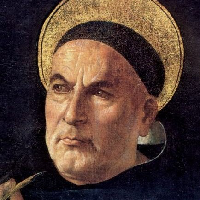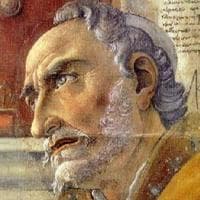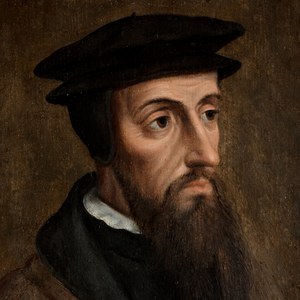George Whitefield mbtiパーソナリティタイプ
個性
"George Whitefieldはどのような性格タイプですか? George Whitefieldは、ENFP in MBTI、2w3 - - in Enneagram、 in Big 5、EIE in socionics のパーソナリティタイプです。"
Whitefield did not have the means to pay for his tuition. He therefore came up to the University of Oxford as a servitor, the lowest rank of undergraduates. Granted free tuition, he acted as a servant to Fellows and Fellow-commoners; duties including teaching them in the morning, helping them bathe, cleaning their rooms, carrying their books, and assisting them with work. He was a part of the "Holy Club" at the University with the Wesley brothers, John and Charles. An illness, as well as Henry Scougal's The Life of God in the Soul of Man, influenced him to turn to the Church. Following a religious conversion, he became passionate for preaching his new-found faith. At an early age, he found that he had a passion and talent for acting in the theatre, a passion that he would carry on with the very theatrical re-enactments of Bible stories he told during his sermons. Whitefield had cross-eyed (strabismus) vision. He wrote, "I think God has a Quarrel with you for your Abuse of and Cruelty to the poor Negroes." Furthermore, Whitefield wrote: "Your dogs are caressed and fondled at your tables; but your slaves who are frequently styled dogs or beasts, have not an equal privilege."
バイオグラフィー
George Whitefield (/ˈwɪtfiːld/; 27 December [O.S. 16 December] 1714 – 30 September 1770), also spelled Whitfield, was an English Anglican cleric and evangelist who was one of the founders of Methodism and the evangelical movement. Born in Gloucester, he matriculated at Pembroke College at the University of Oxford in 1732. There he joined the "Holy Club" and was introduced to the Wesley brothers, John and Charles, with whom he would work closely in his later ministry. Whitefield was ordained after receiving his Bachelor of Arts degree. He immediately began preaching, but he did not settle as the minister of any parish. Rather he became an itinerant preacher and evangelist. In 1740, Whitefield traveled to North America, where he preached a series of revivals that became part of the "Great Awakening". His methods were controversial and he engaged in numerous debates and disputes with other clergymen. Whitefield received widespread recognition during his ministry.
個性 correlate

Martin Luther

Saint Thomas Aquinas

Saint Augustine of Hippo

Saint Francis of Assisi

Joseph Smith

John Calvin

Saint George

Archangel Azrael




